Orange County January Planting Guide
December 18
3 MIN READ
0 Comments
365 days of growing in Southern California
Our days and nights are officially cool, but daytime temperatures are just warm enough to keep gardens growing, albeit slower than warm season growth. Now is the time for succession planting of cool season crops, selecting varieties with short growing seasons (60-75 days).
With spring only a few months away, it’s time to start planning for spring and summer seasons, buying seeds, and amending garden soil. Check out our suggested garden tips to help you get an early start to an amazing garden season. Heirloom Potager will be installing some new gardens for residential clients and starting some commercial design projects. Check out the Orange County CA January planting guide.
Disclaimer: Please note that some of the links on this page are affiliate links and Heirloom Potager earns a commission if you purchase through those links. We use these commissions to help fun our community give back program that offers garden education, garden development, and training for culinary students in Orange County, CA. We use all of the products that are recommended and only share because they are companies we have found worthy of the investment.
Planning a Winter Garden with Cool Season Plants
Here are a some great options for your January planting list:
Artichoke*, Bare-root Berries, Beets, Bok Choy*, Broccoli*, Cabbage*, Carrots, Cauliflower*, Daikon, Endive*, Kale*, Lettuces*, Mustard Greens*, Onions, Parsnips, Potatoes, Radicchio*, Radish, Scallions, Snow Peas, Spinach*, Sugar Peas, Swiss Chard*, Turnips
Herbs*: Arugula, Bronze Fennel, Chives, Cilantro, Dill, Fennel, Lavender, Mint, Nasturtium, Oregano, Parsley, Rosemary, Sage, Seasoning Celery, Sweet Marjoram, Thyme, Violas, Watercress, Winter Savory
*Transplant Seedlings
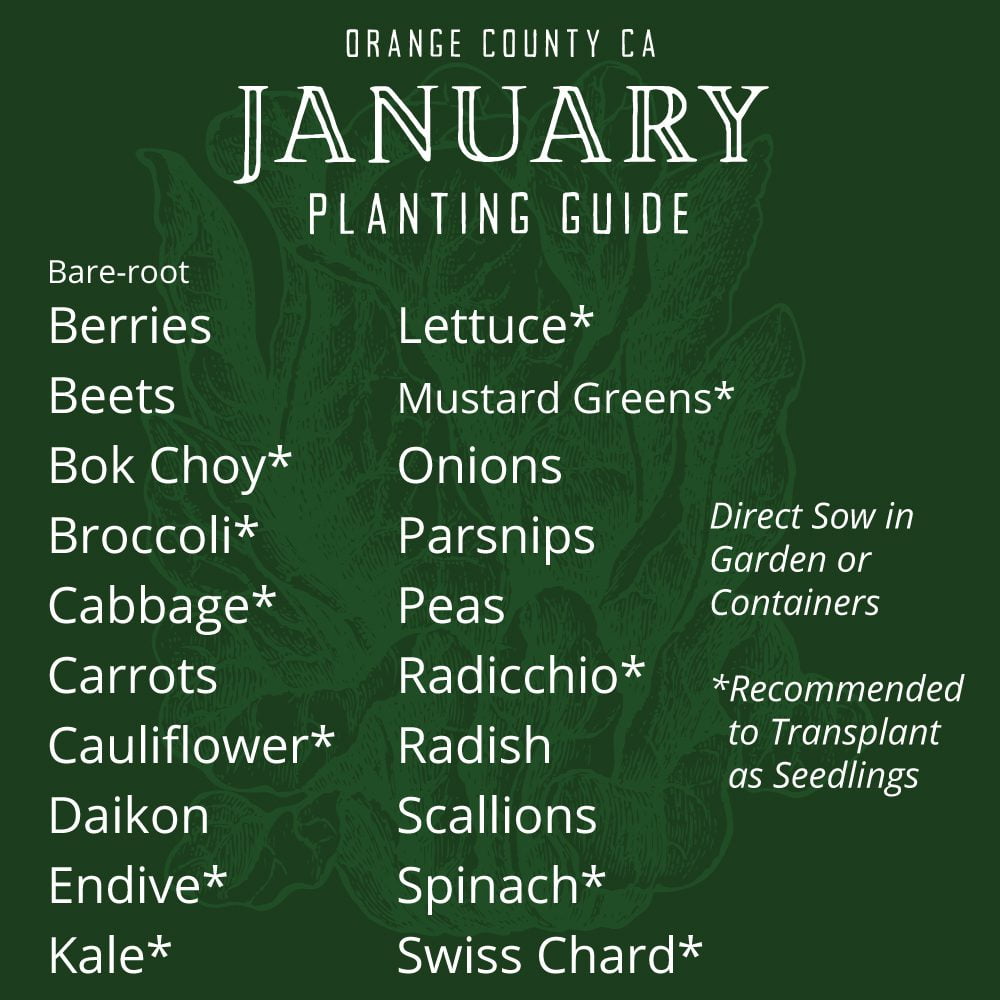
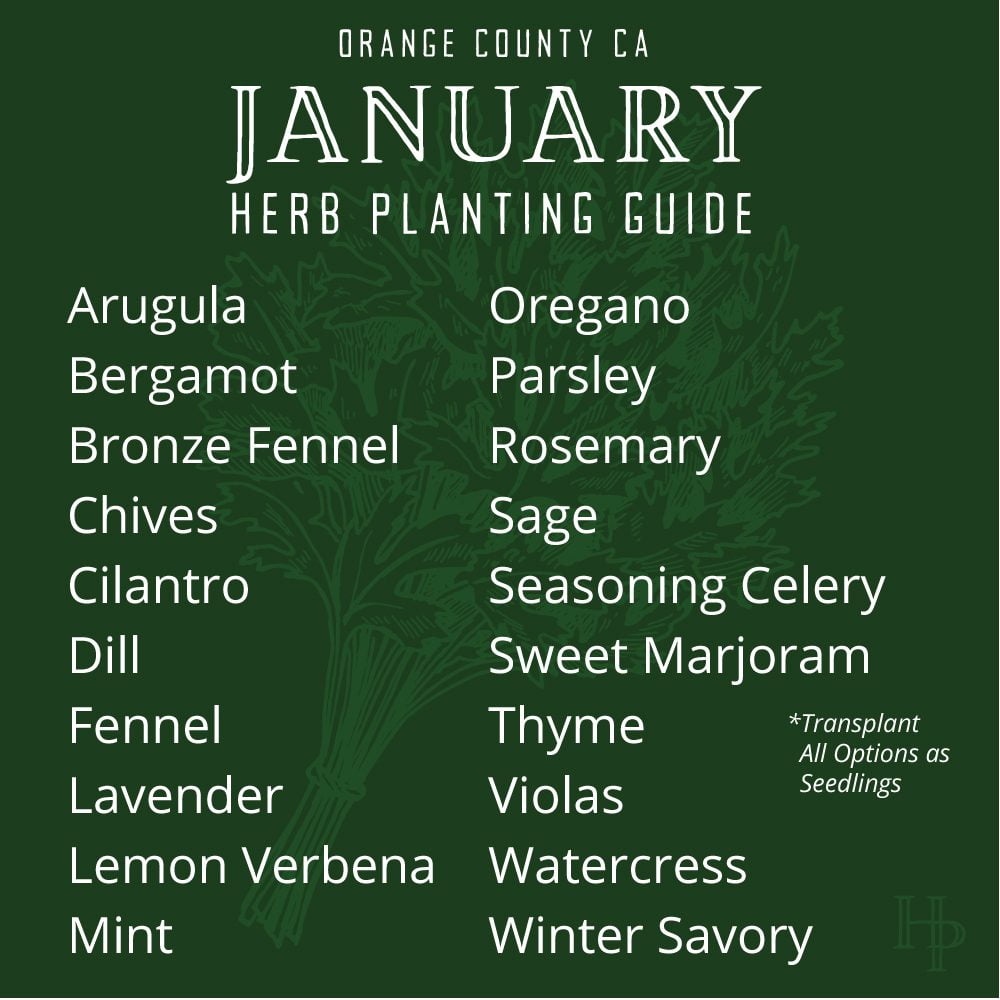
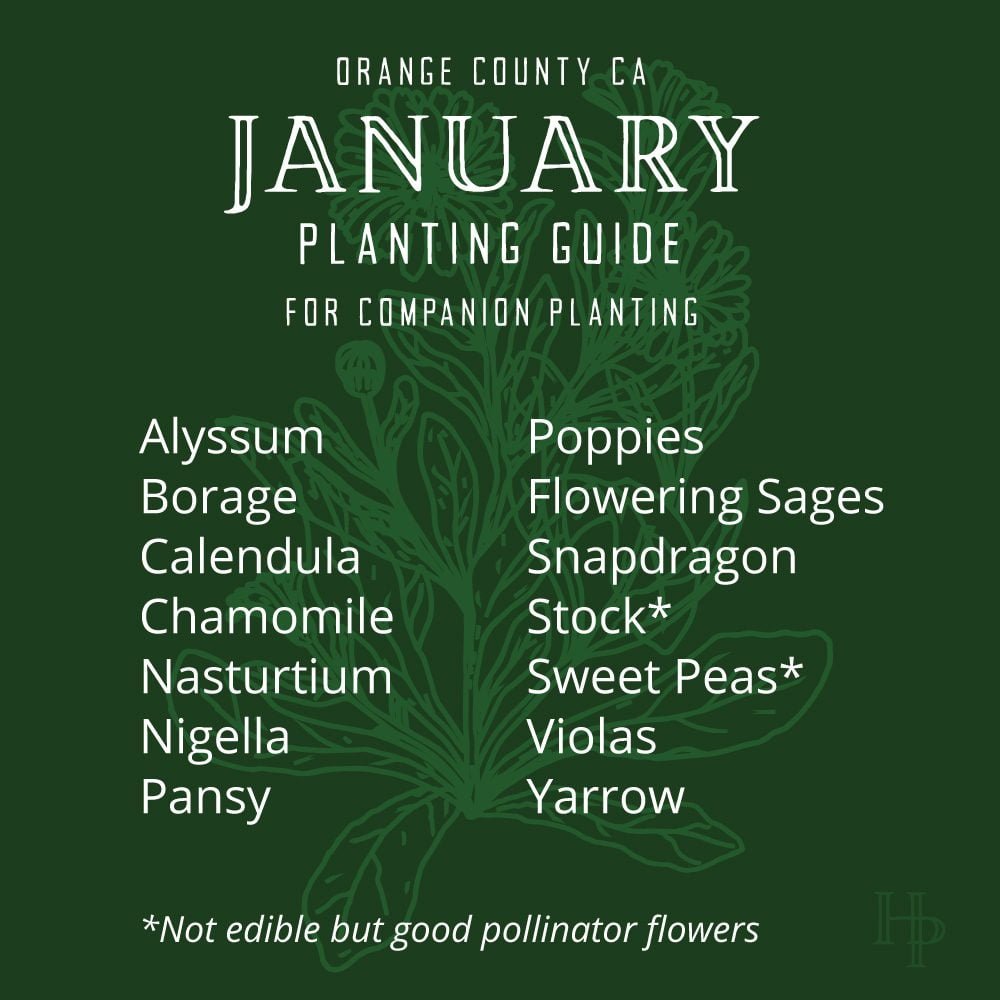
Unique Heirloom Varieties to Plant this Season
Important January Garden Tasks
Winter Fruit Tree Pruning + Planting
January is an ideal time to prune deciduous fruit trees like stone fruits, opening the tree structure to allow for air circulation and sunlight to reach the middle of the tree. It’s also a great time to plant bare-root trees for late spring and fall harvests.
Amending Garden Beds + Containers
In between the seasons, it’s important to amend your garden soil to promote healthy soil ecosystems, loosen compacted soil, and add vital nutrients back. Amend garden soil with organic compost and leaf mulch. In soil that has grown heavy feeding plants from the Brassica family, add an even feeding slow release fertilizer or plant a cover crop to restore nutrient levels.
Plan for Spring + Summer Garden
Most gardeners will start planning for their spring and summer gardens early to ensure they get a head start on growing seedlings and adding any new, unique varieties to the garden plan. While skipping to seed ordering is very appealing, without proper planning, you may spend money on seeds that you don’t need (because you’ve run out of space – yes, this has happened to yours truly). Draw a diagram of your garden space and map out where you’d like to place crops. This planting plot map is very helpful now – but also on planting day!
Purchase Seeds + Bareroot Plants
With your planting plot map in place, now is a good time to go through your seed library, checking old seeds for viability and making note of any varieties you’re running short of. Make a seed buying list and cross-reference all the pages in the seed catalogs that you’ve earmarked or placed post-it notes all over. Try to buy early as many companies have been selling out with the growing interest in gardening! Now is also a good time to place your orders for any bareroot plants that might be delivered for early spring planting.
Practice Companion Planting for Your Fall Garden
Companion planting is a very old-world, organic gardening method rooted in creating a diverse ecosystem of fruits, vegetables, herbs, and flowers grown int he same space. As a result of inter-planting, you’ll create a more habitable environment for plants, improve soil health, and reduce the resources needed to grow sustainable amounts of produce.
Consider inter-planting some herbs with your fruits and vegetables this year to attract more pollinators and help keep pesky bugs at bay.
With a long and tenured history, the practice of companion planning was primarily practiced by home gardeners who weren’t driven solely by efficient outputs. However, as the impact of climate change grows and concerns over the use of pesticides for health increase, more and more gardeners (both home and commercial) are starting to implement the practice of companion planting.

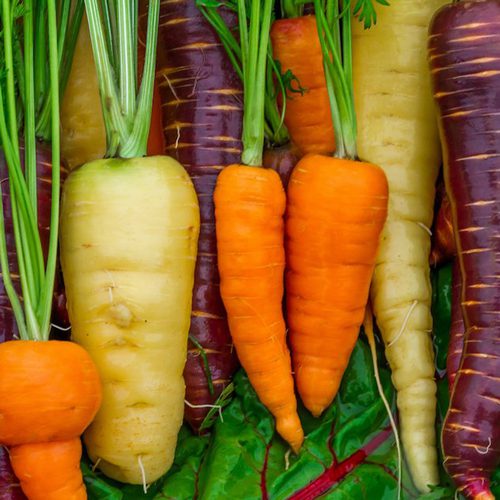
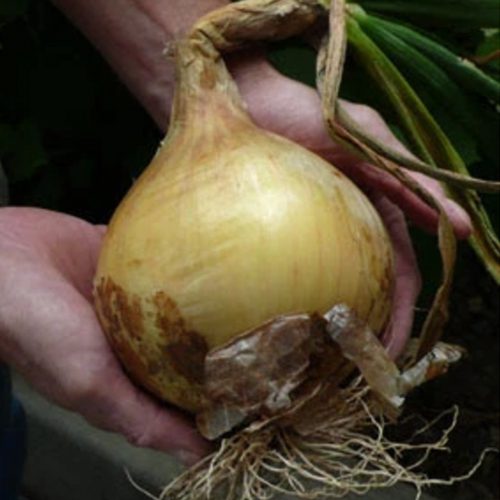
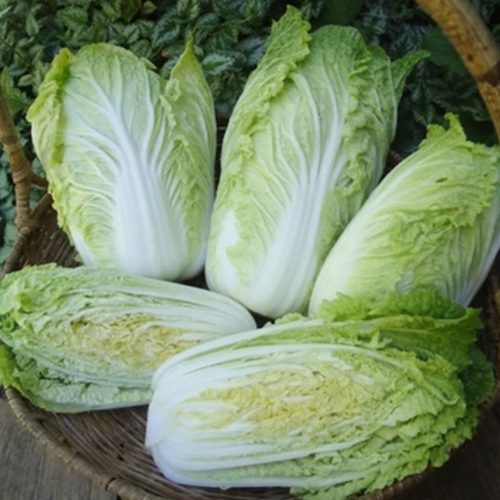
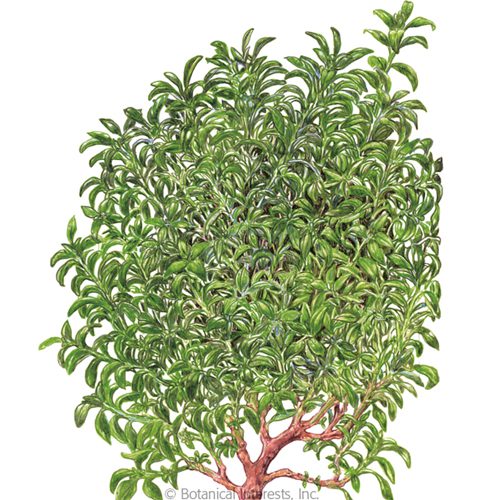
Leave A Comment